People have this image of rats as animals that can eat just about anything that comes their way. You get this image from cartoons of rats and, if you live in a city or other area where there are rats, you probably see rats digging through trash heaps and garbage cans.
And it is true, the adaptable rat will eat just about anything it can get its paws on in the effort to survive. But just because you might see a rat gnawing on a half rotten potato in your alley doesn’t mean you should feed your pet rats anything and everything you may have on hand.
There are foods that you definitely should not feed your rat, foods that can be unhealthy for your pet and foods that can actually put your rat in danger. Read on to discover 10 human foods that are dangerous for pet rats.
One: Anything that you wouldn’t eat yourself
The first and most important rule of thumb that owners of pet rats should always follow is, if you wouldn’t eat it, don’t go feeding it to your rat.
Again, just because your rat may be fine with eating some wilted lettuce that has been sitting in your refrigerator for two weeks doesn’t mean you should give it to him or her. The bacteria in that old lettuce might be harmful to your rat. What is more, the lettuce isn’t very nutritious at this point, having lost all its vitamins to oxidation.
Those who want to keep their pet rat healthy and long lived will feed it fresh foods with good nutrition.
Two: Raw sweet potato
The starch and skins of raw sweet potatoes contain elements that can cause a build up of cyanide–a dangerous poison–in the stomach of pet rats. Cooked sweet potatoes, on the other hand, are a good source of vitamins and minerals for your pet rats.
Three: Citrus fruits
This food warning is only applicable to male rats, who should not ingest the juice from citrus fruit rinds. Citrus rinds containd-limonene, which can cause kidney and liver cancer in male rats. Female rats do not carry the protein that causes this dangerous reaction.
Note that if you are careful and thoroughly rinse the inner fruit of these foods, they are safe for your male rat.
Four: Mango
As with citrus fruits, you should not give your pet male rat any mango fruit. Again, this is due to the presence of d-limonene, which carries the risk of being a cancer causing agent.
Four: Raw dried beans and peanuts
You may think that giving your pet rat a handful of dried beans or raw peanuts would be just the ticket. They can gnaw on these hard, little foods, you think, and they just must be full of good things like vitamins and proteins.
But the truth is that these foods contain elements that destroy vitamin A in rats and cause red blood cells to clump. They also destroy enzymes that help rats digest starches. Note, however, that roasted peanuts are fine.
Five: Green potatoes and bananas
Just like dried beans and peanuts, green bananas inhibit the production of enzymes that help rats digest starches. This can cause intestinal trouble and not allow your pet rat to extract the nutrients from the starches that it eats.
Green potatoes, both the skins and the potato “eyes,” contain a toxin that can harm your rat should it eat too much of it.
Six: Wild Insects
Rats are omnivorous, meaning they eat both plants and animals. Wild rats will thus eat insects when they can. However, since wild insects can carry parasites and diseases, you shouldn’t feed them to your pet.
Seven: Dried Corn
Although small amounts of dried corn is probably okay for your rat, you should use caution in feeding too much of this food. This is because dried corn can contain high amounts of a certain fungus that causes stomach cancer in rats.
Nine: Canned Vegetables
A well balanced diet is essential for your pet rat to thrive and live a long and healthy life. As such, your pet rat should get plenty of carbohydrates, the right kinds of fruit, and a steady supply of vegetables. However, be aware that rats (like humans) will be a lot better off with fresh veggies rather than canned.
For one thing, canned vegetables often contain a good deal of sodium, which is unhealthy for rats. Sometimes these vegetables will contain corn syrup or sugar as well, which can lead to obesity in your pet rat.
Ten: Fluorinated Water
Lastly, you should think twice before giving your pet rat water from the tap if your community fluoridates its water. Some people believe that fluorine can cause brain damage in rats. Instead, it might be better to give your rat unfluorinated bottled water or rain water.

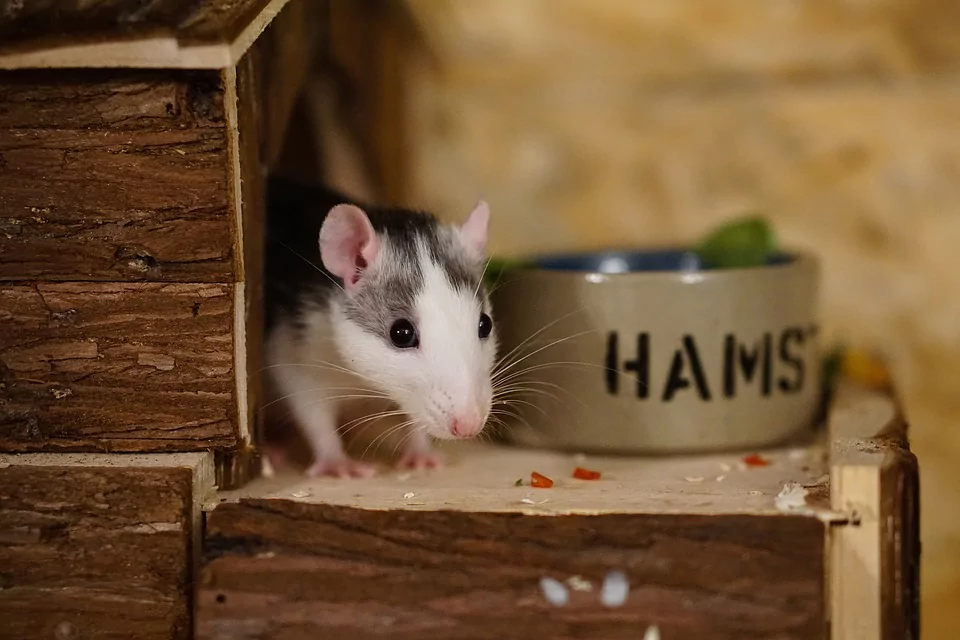
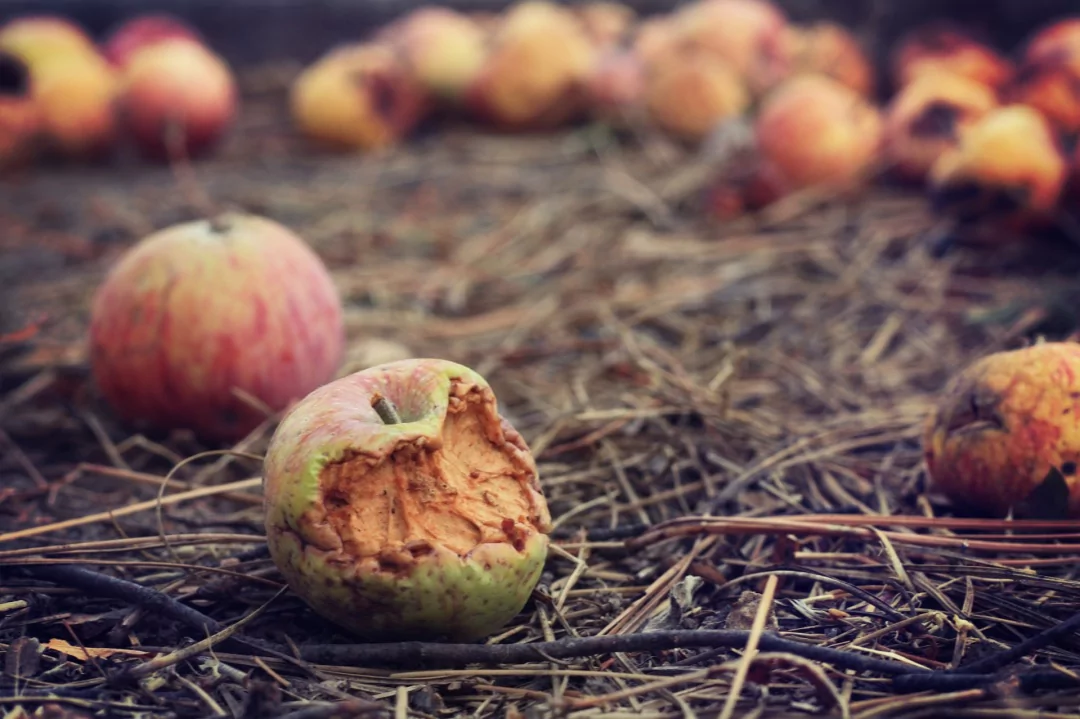
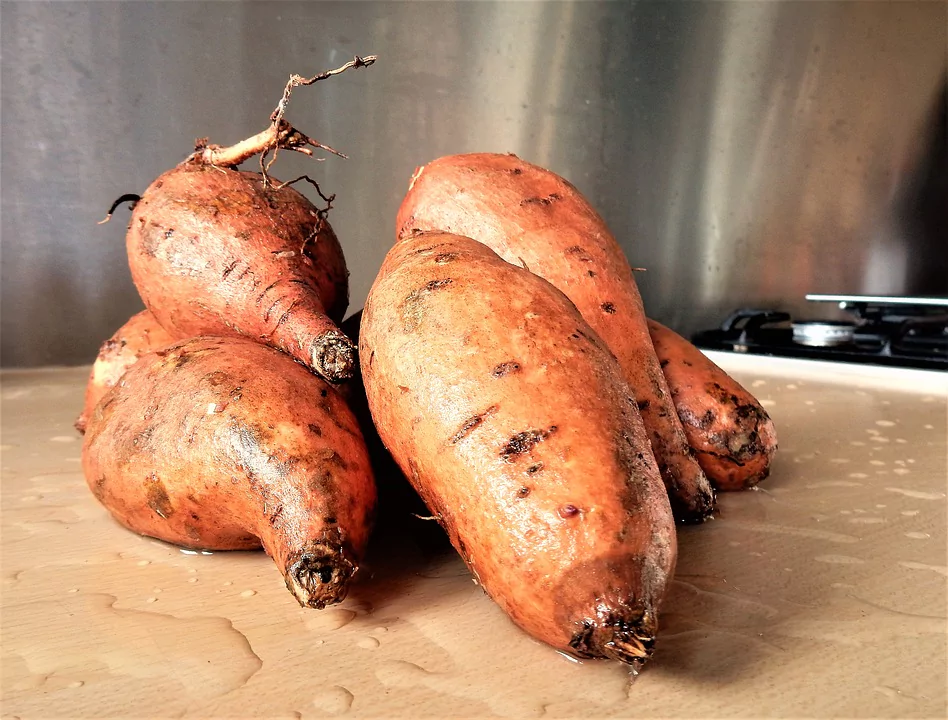
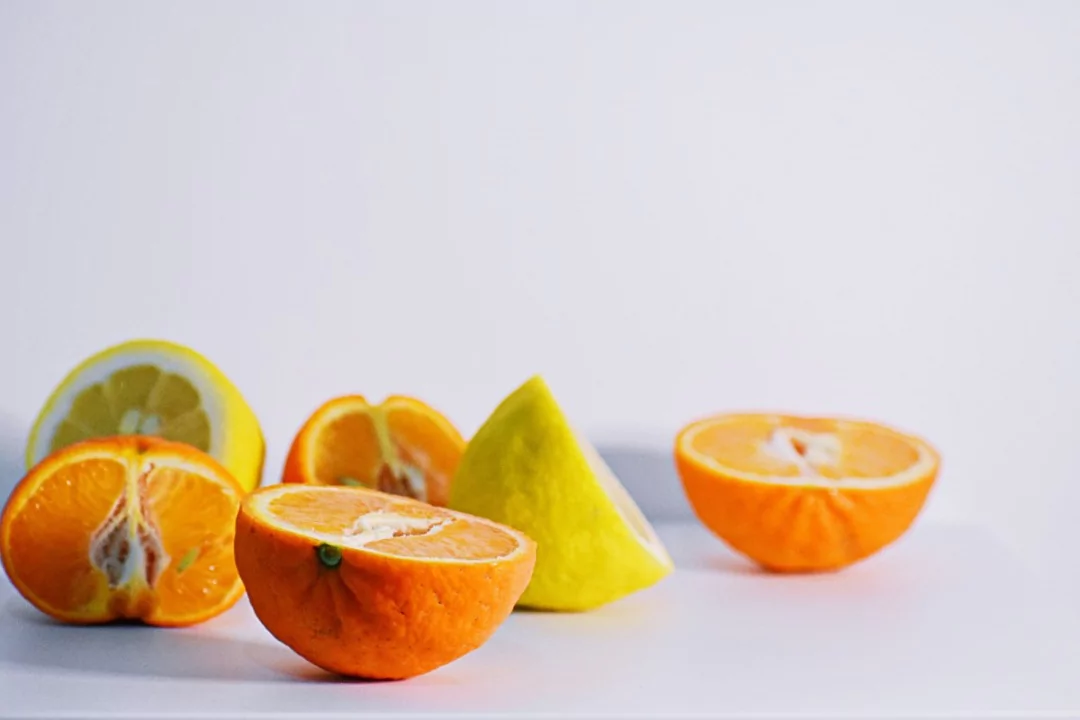
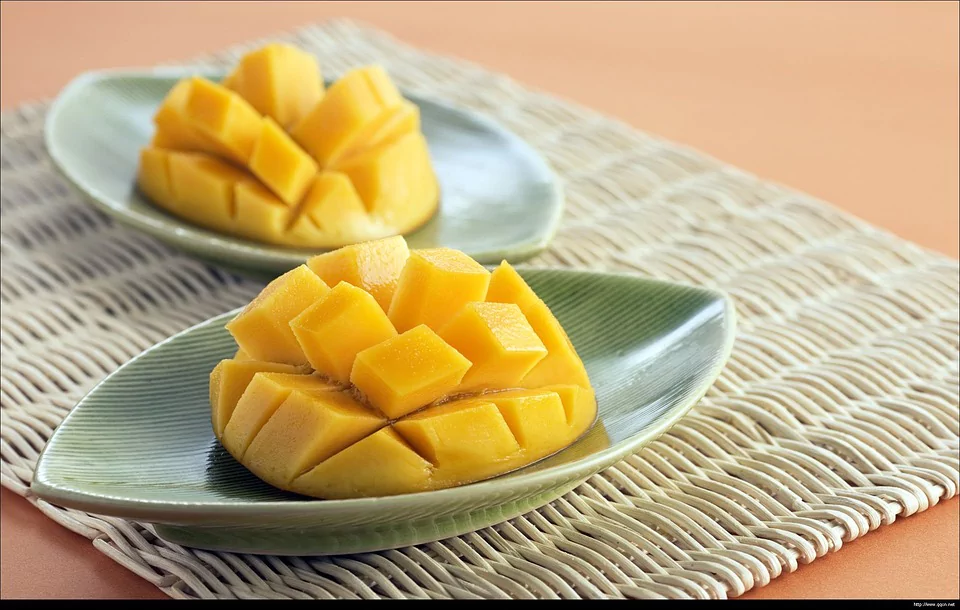
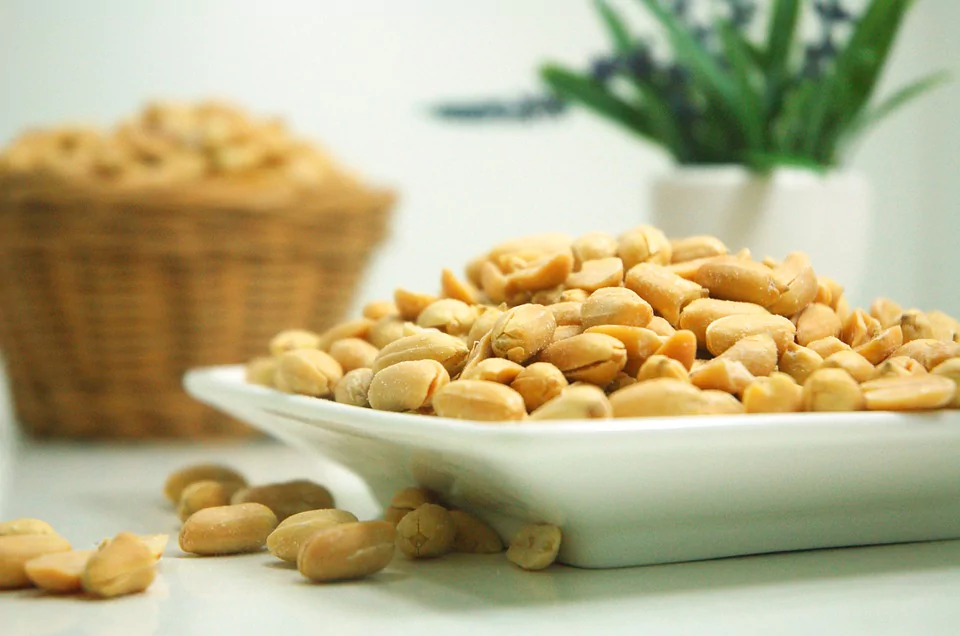
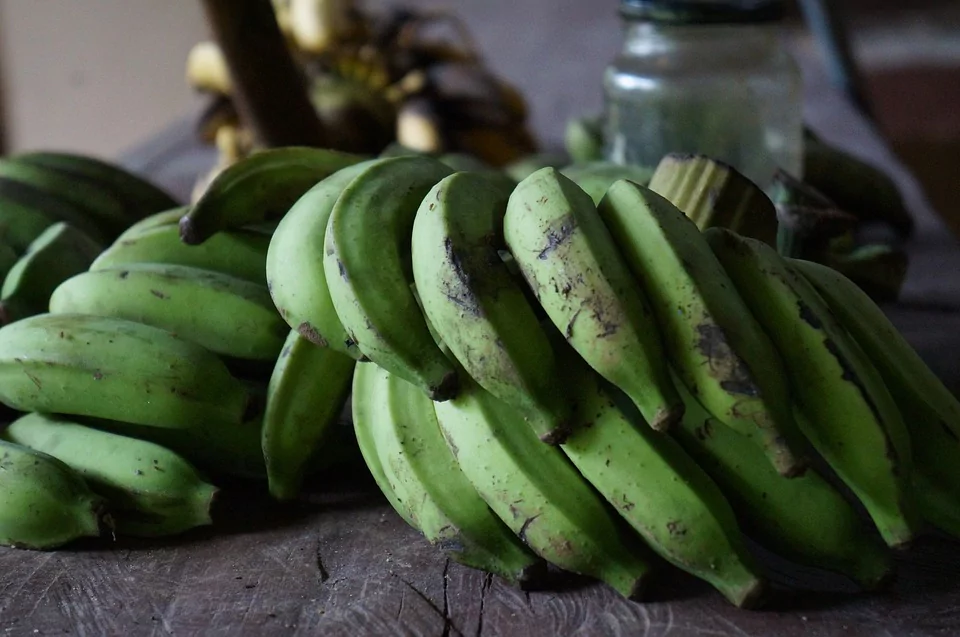
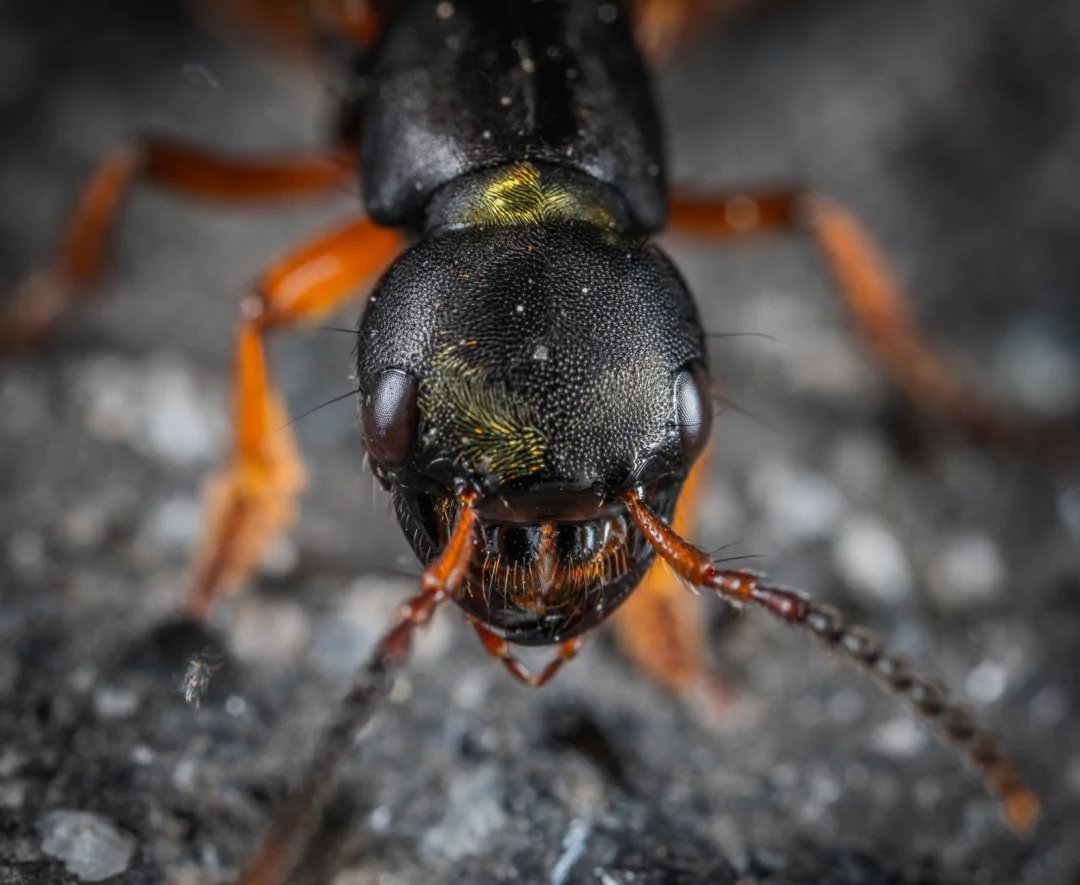
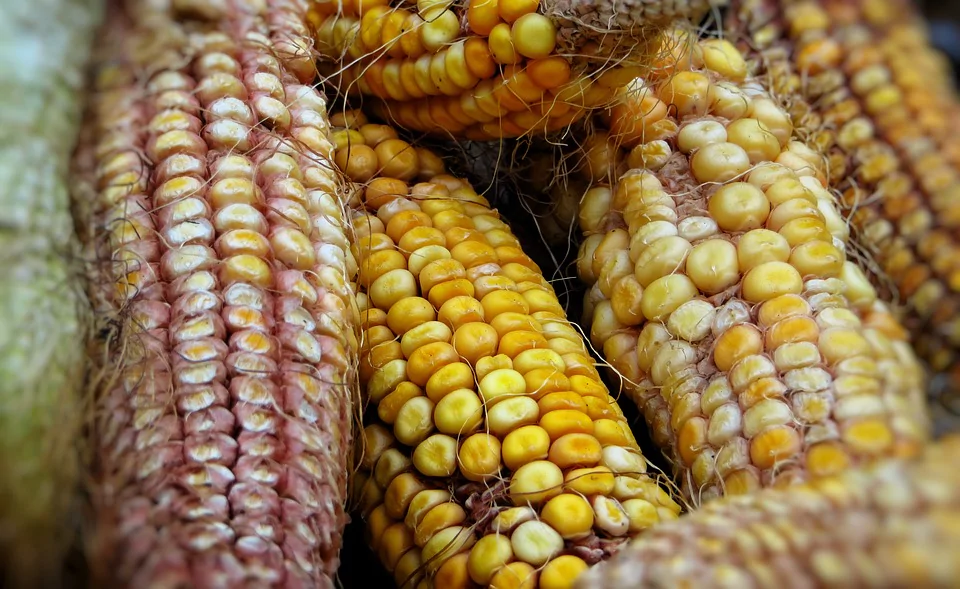
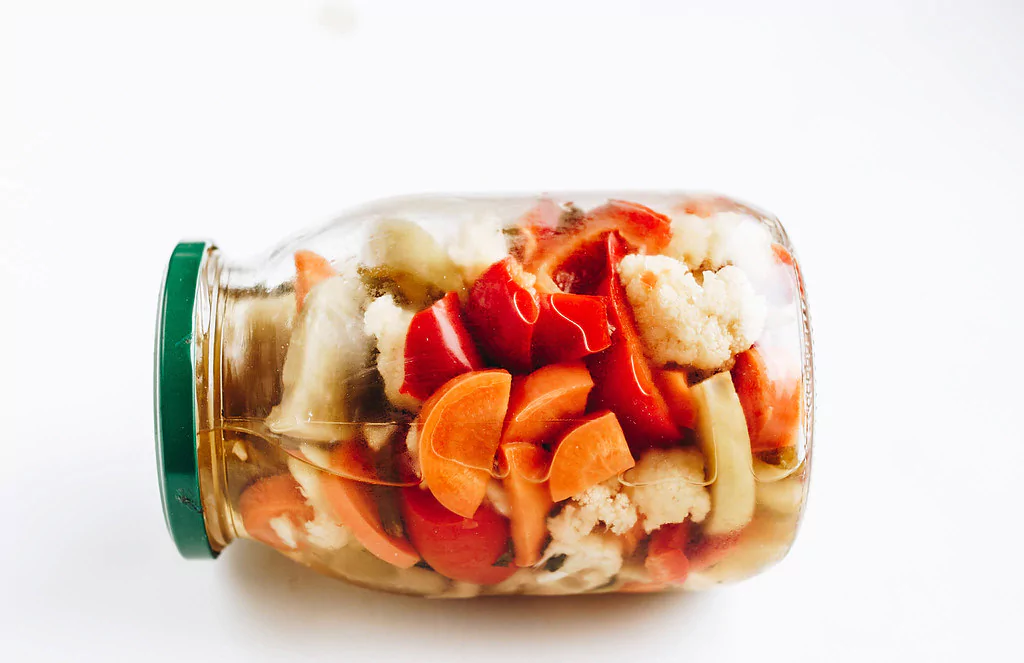
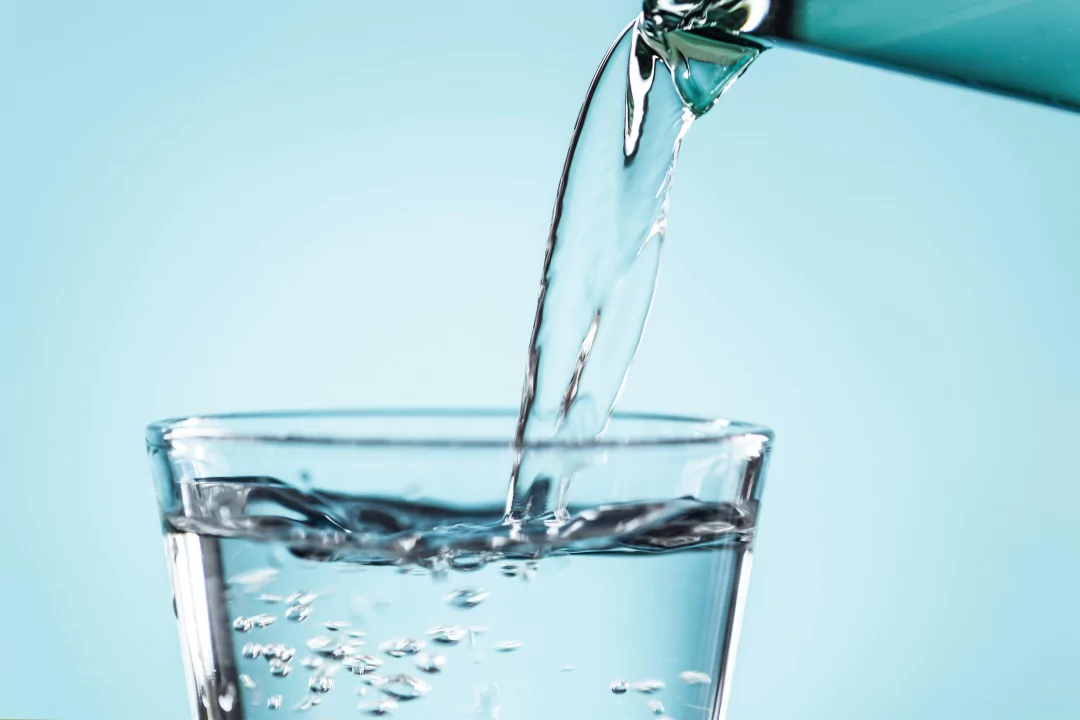
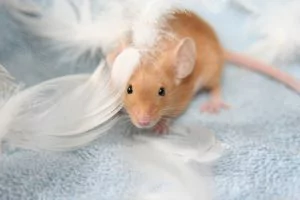
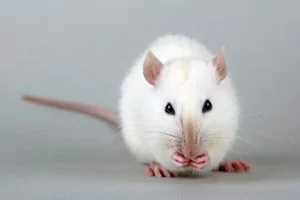
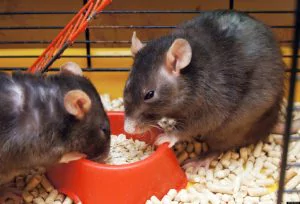
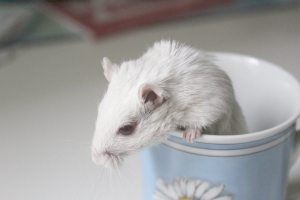
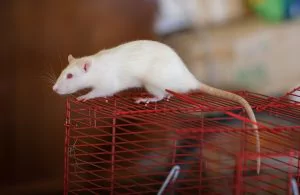
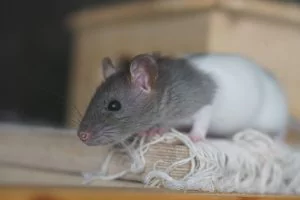
Comments